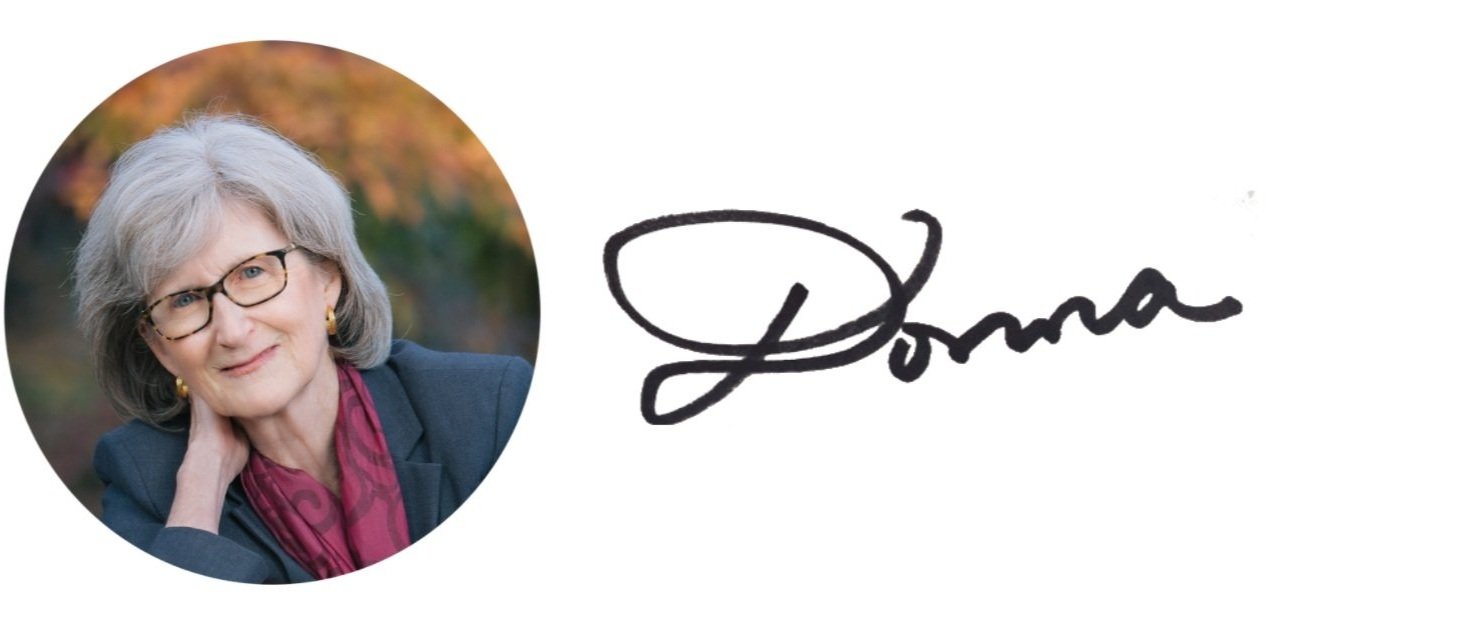Health care is constantly in the news these days as Congress tries to repeal and replace Obamacare. The legislation currently being considered does little to address the underlying problem of steadily rising health care costs. Cutting benefits or limiting access to care is not an acceptable solution. But there are steps that each of us can take that will reduce the cost.
The first step is to avoid unnecessary tests, treatments or procedures. Health care providers in the US order more tests and do more procedures than in other developed countries. This does not translate into improved outcomes.* Each additional test, medicine or procedure adds incremental risk but may not add significant benefit. Always ask questions about alternative approaches (including watching and waiting), risks and benefits, and also what data are available to support the recommendation. In the NewYorker article referenced below, Dr. Gawande gives many examples of unncessary operations. For major non-emergency surgeries, consider a second opinion.
Another way to reduce cost is to be a smart consumer of healthcare services: learn how to get the best deal and avoid being ripped off. Dr. Elisabeth Rosenthal's outstanding new book AN AMERICAN SICKNESS How Healthcare Became Big Business and How You Can Take it Back,** describes how profiting from illness has become the motivating driver of our healthcare system. She recommends that consumers of healthcare ask upfront about price; understand their insurance policies and what is covered; learn the different fees in offices, surgical centers, hospitals, emergency rooms; understand the difference between in-network and out-of-network providers, especially during hospitalizations; scrutinize all bills for errors; and more. This can be a lot of work, especially for someone who is ill, but it can yield big dividends.
But absolutely the most rewarding way to reduce the cost of health care is to avoid illness. The Center for Disease Control notes that more than 70% of health care expenditures arise from caring for all the people who have at least one chronic illness, such as heart disease, diabetes and cancer.*** Strikingly, the risk of these chronic diseases can be slashed by 70-80% with the adoption of a healthy lifestyle including regular exercise, healthy diet, and avoidance of tobacco.****There is a vast amount of literature world wide that supports this dramatic statistic. We all know we should exercise more, eat a healthier diet, reduce stress, and not smoke. But, then we get bogged down in the details and don't take those critical first steps to pull ourselves out of the mire and move towards health. Now is a good time to start.
SUGGESTIONS:
1. Please check out the References listed below, the Resources on my website, or my other blogs that offer simple suggestions on how to take your first step.
2. If you are confused, discouraged about prior failures, or just lack motivation to change your lifestyle, try a new prayer routine to ask God for help. Devote at least 10 minutes a day to be with the Lord. Ask for help and listen for answers.
3. Look for my upcoming Blog that will contain a "Starter Prescription" designed to help start the process for those who feel stuck or overwhelmed with too many problems.
God bless all of you and Happy Fourth of July.
P.S. Don’t forget to sign up for my monthly blog or follow me on Facebook or Donna Chacko on Twitter. If my message helps you in any way, please consider sharing it with others.
Dr. Donna Chacko promotes health of body, mind, and spirit through her website (serenityandhealth.com), her blog, and programs at her church. She is the author of the award-winning book and Amazon best-seller Pilgrimage: A Doctor’s Healing Journey (Luminare Press, 2021). You can read her full bio here.
Related Video
Additional Reading
REFERENCES
* Overtreated: Why Too Much Medicine is Making us Sicker and Poorer, Shannon Brownlee, 2007.
* http://www.newyorker.com/magazine/2015/05/11/overkill-atul-gawande. A great article about overtreatment and some solutions
** An American Sickness, How Healthcare Became Big Business and How You Can Take it Back, Elisabeth Rosenthal, 2017.
***https://www.cdc.gov/chronicdisease/about/multiple-chronic.htm. "cdc" is Centers for Disease Control.
****Disease Proof, The Remarkable Truth AboutWhat Makes Us Well, David L. Katz, 2013









Do doctors and patients test too much?